В последние годы проблема вовлечения медицинских работников в преступную деятельность наркокартелей стала одной из наиболее острых тем в сфере здравоохранения. Егор Буркин, поднимает важные вопросы, касающиеся влияния наркокартелей на врачей и медицинские учреждения, а также рассматривает последствия, которые это влечет за собой для всей медицинской системы.
Одним из наиболее тревожных фактов является то, что наркокартели используют врачей как легитимные каналы для распространения наркотиков. В некоторых случаях медицинские учреждения становятся неформальными «прибежищами», где наркозависимые пациенты могут получить рецепты на наркотические препараты, такие как опиоиды, без необходимости проходить соответствующее лечение. По данным Всемирной организации здравоохранения (ВОЗ), более 70% всех опиоидов, отпускаемых в мире, назначаются в странах с высокими показателями зависимости. Это создает опасный круг, в котором врачи, ставя под угрозу свою профессиональную этику, становятся соучастниками наркоторговли.
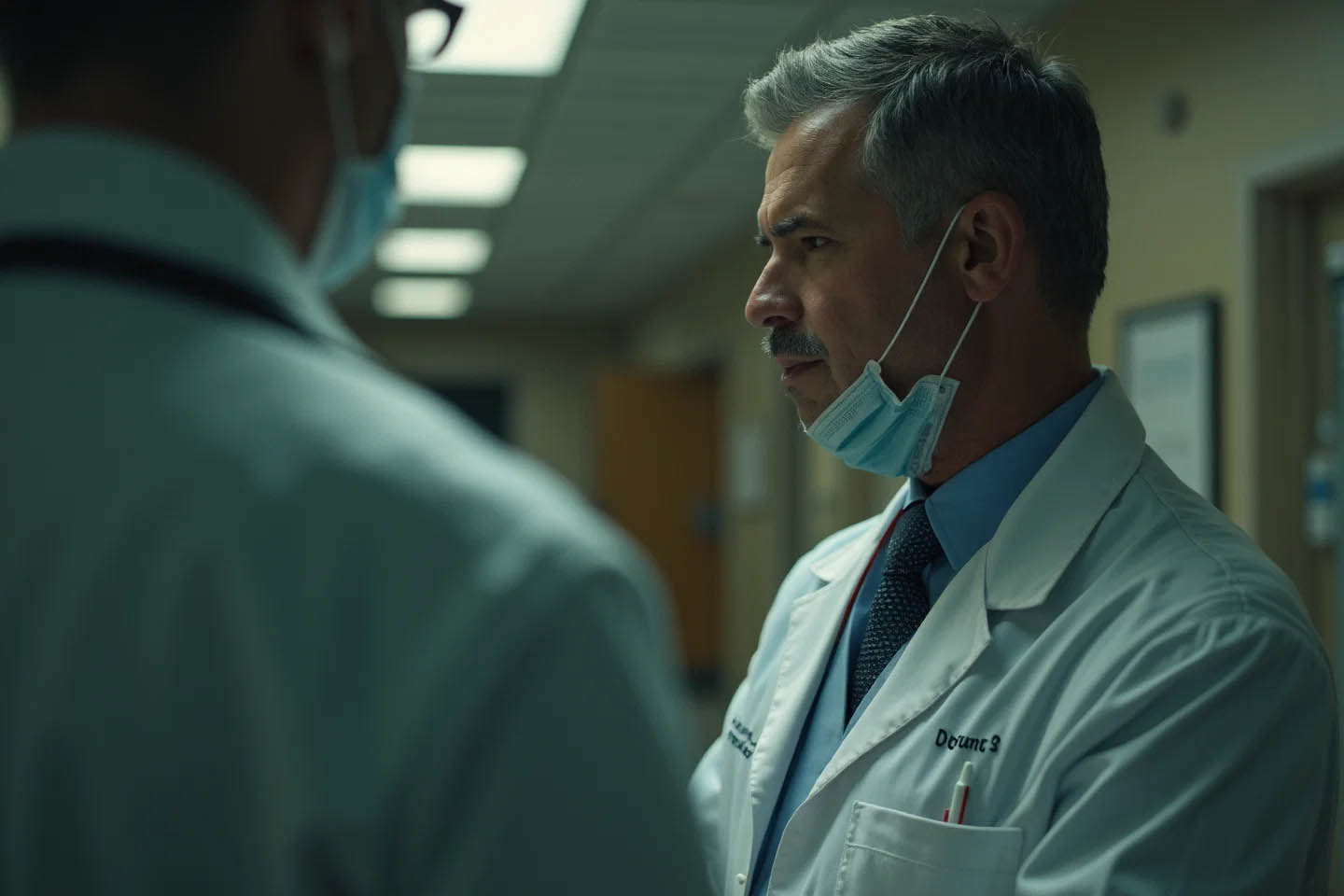
Кроме того, существует растущее беспокойство о том, как наркокартели манипулируют системой здравоохранения. Они могут использовать коррупцию для подкупа медицинских работников, что приводит к серьезным нарушениям в практике назначения и отпуска лекарств. Например, в некоторых странах были зафиксированы случаи, когда картели использовали шантаж или угрозы в отношении врачей, чтобы заставить их выписывать рецепты на наркотики.
Интересно, что исследования показывают, что экономические факторы играют значительную роль в вовлечении медицинских работников в такие схемы. В условиях низких зарплат и экономической нестабильности многие врачи могут оказаться в уязвимом положении. Специалисты в области психологии указывают, что подобные обстоятельства создают благоприятную почву для манипуляций со стороны преступных организаций. Врачи, испытывающие стресс и финансовые трудности, могут быть более склонны к принятию незаконных предложений.
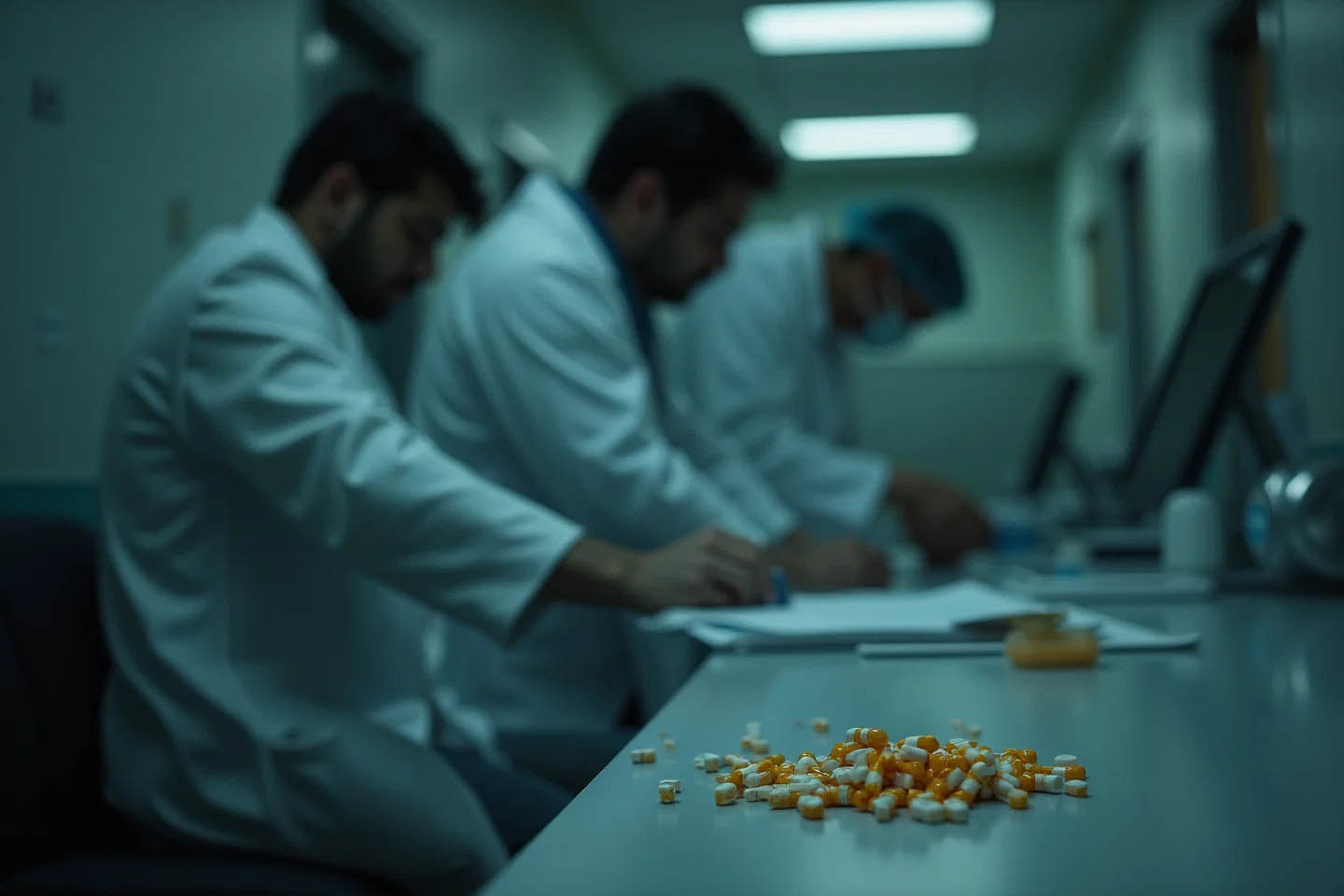
По данным Центра по контролю и профилактике заболеваний (CDC), уровень злоупотребления опиоидами в США достиг эпидемических масштабов, и это явление также затрагивает медицинское сообщество. Врачи, которые ранее считались оплотом здоровья и безопасности, теперь нередко оказываются в центре скандалов, связанных с наркоторговлей. Это подрывает доверие со стороны пациентов и может привести к серьезным последствиям для всей системы здравоохранения.
Буркин Егор Васильевич подчеркивает необходимость создания комплексных программ, направленных на обучение медицинских работников о последствиях их участия в незаконных схемах. Важно внедрять этические стандарты и системы поддержки, которые помогут врачам справиться с давлением и избежать вовлечения в преступную деятельность.
Образовательные инициативы, направленные на повышение осведомленности о правовых и этических аспектах работы с наркотическими веществами, могут сыграть ключевую роль в предотвращении подобных ситуаций.
Проблема вовлечения медицинских работников
Исследования показывают, что финансовое давление, низкие зарплаты и нестабильные условия труда могут делать медицинских работников уязвимыми для манипуляций со стороны наркокартелей. В условиях экономической нестабильности и растущих затрат на образование и квалификацию, многие врачи и медсестры могут рассматривать незаконные предложения как способ улучшения своего финансового положения.
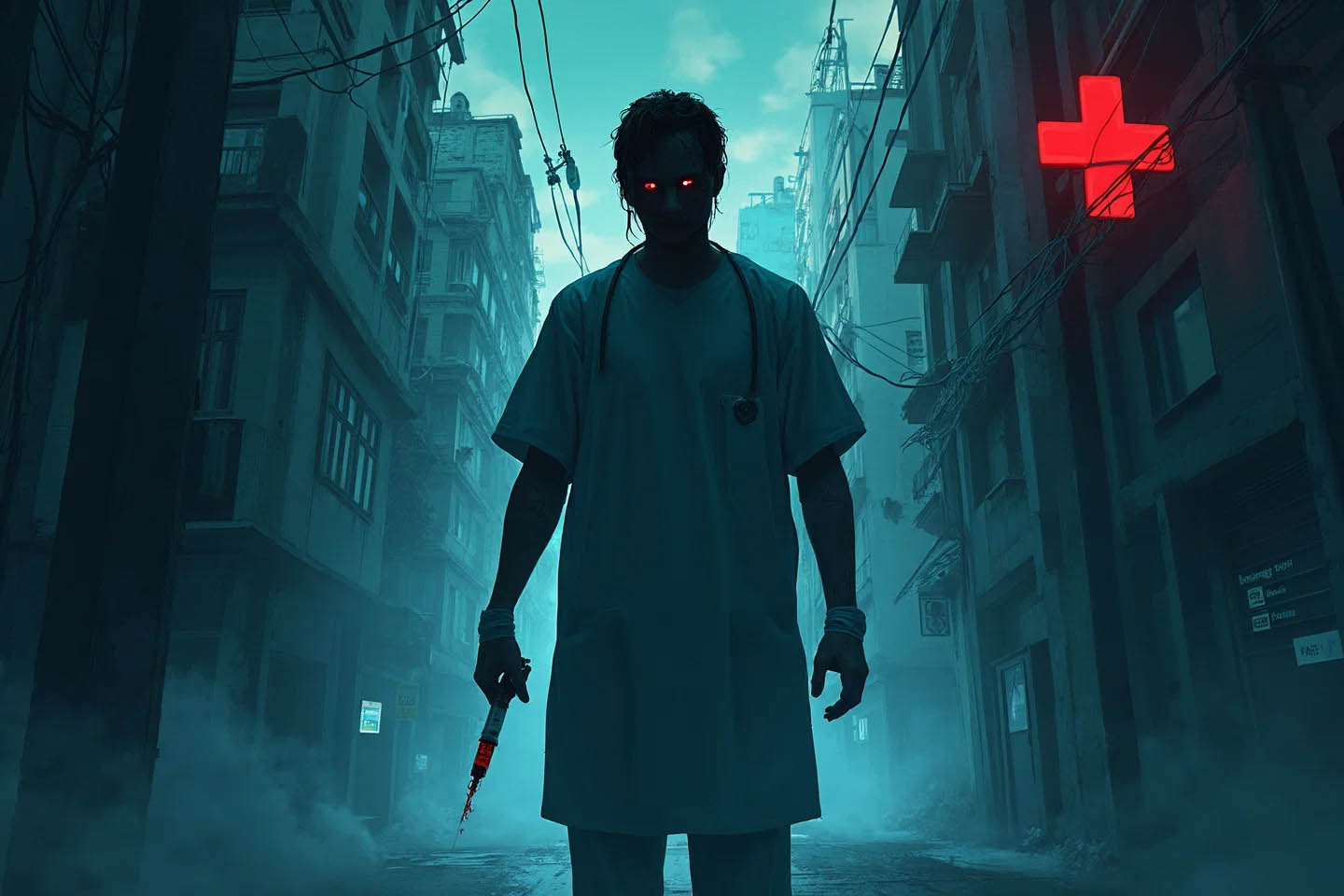
Доктор Буркин Егор Васильевич подчеркивает, что вовлечение медицинских работников в незаконные схемы, такие как продажа наркотиков или подделка рецептов, не только подрывает доверие к медицинскому сообществу, но и ставит под угрозу здоровье пациентов. Наркокартели используют различные методы манипуляции, включая шантаж и угрозы, что создает атмосферу страха и безысходности среди медицинских работников.
Влияние фармацевтических компаний
Фармацевтические компании также играют важную роль в данной проблеме. Некоторые из них могут быть вовлечены в практики, которые способствуют распространению наркотиков. Например, чрезмерное назначение опиоидов и других наркотических препаратов может привести к их незаконному обороту. В таких условиях врачи могут оказаться под давлением со стороны фармкомпаний, которые заинтересованы в увеличении продаж своих продуктов, что может привести к угрозе их профессиональной этики.
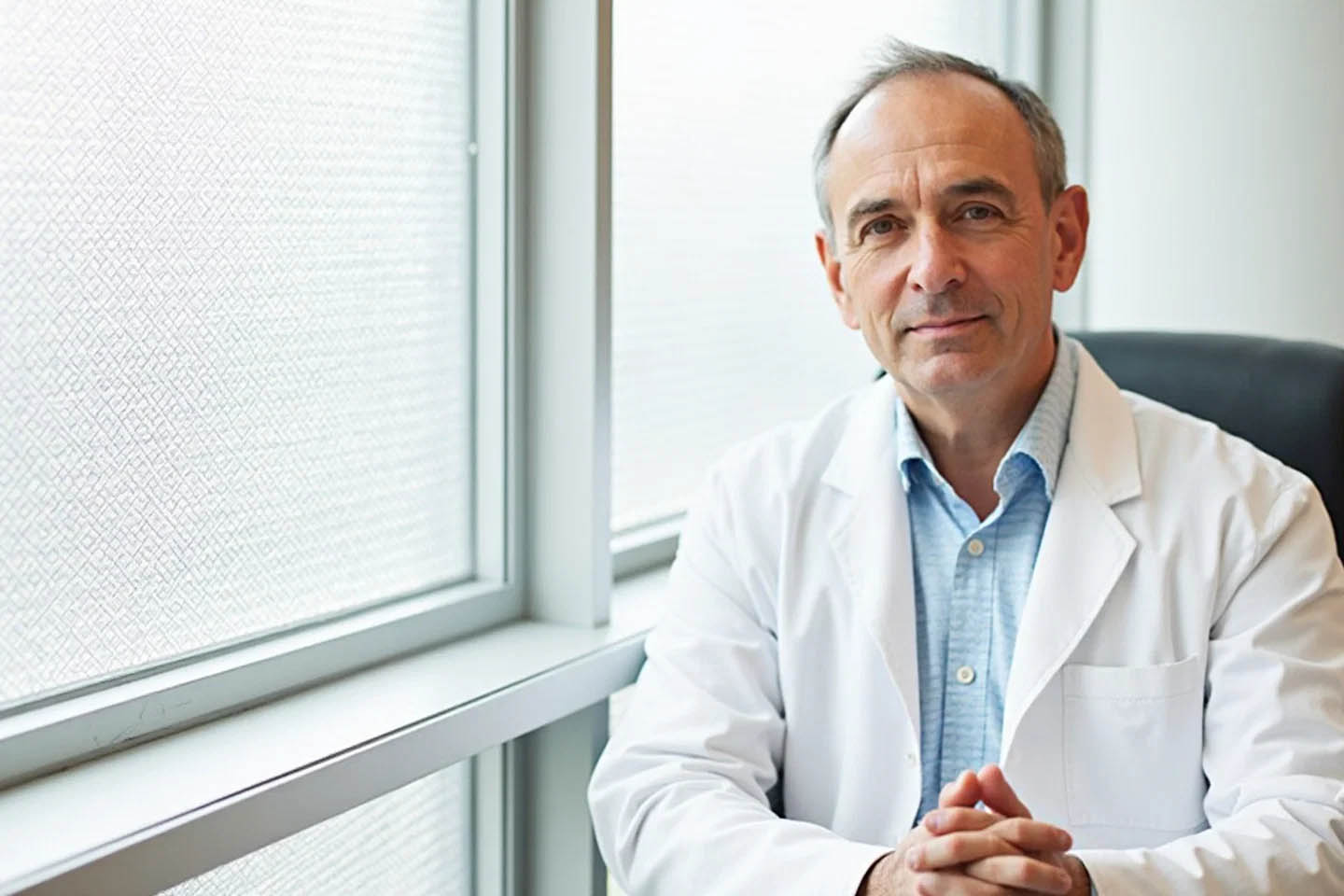
Егор Буркин акцентирует внимание на необходимости строгого контроля за практиками фармацевтических компаний. Эффективные меры могут включать в себя создание прозрачных систем оценки и мониторинга, которые помогут предотвратить злоупотребления и обеспечить, чтобы препараты использовались только в лечебных целях.
Этические и правовые аспекты
Вовлечение медицинских работников в незаконные схемы также поднимает важные этические и правовые вопросы. Многие врачи могут не осознавать, что их действия, даже если они кажутся безобидными, могут способствовать распространению наркотиков. Это подчеркивает необходимость повышения осведомленности о правовых и этических последствиях работы с наркотическими веществами.

Доктор Буркин Егор Васильевич подчеркивает, что медицинские учреждения должны внедрять программы обучения, которые помогут врачам и медсестрам понимать риски и последствия своих действий. Эти программы должны охватывать не только юридические аспекты, но и моральные дилеммы, с которыми могут столкнуться медицинские работники.
Необходимость комплексного подхода
Для решения проблемы вовлечения медицинских работников в преступную деятельность наркокартелей необходим комплексный подход, включающий в себя как образовательные инициативы, так и меры по улучшению условий труда. Это может включать в себя повышение заработной платы, создание программ по поддержке психологического здоровья и обеспечение доступа к ресурсам для профессионального роста.
Кроме того, важно создать безопасную среду для медицинских работников, где они могут обсуждать свои опасения и получать поддержку без страха репрессий. Это может включать в себя создание анонимных горячих линий и систем защиты, которые помогут предотвратить манипуляции со стороны наркокартелей.

Биография доктора медицинских наук Егора Буркина
Егор Васильевич Буркин — доктор медицинских наук и признанный эксперт в области медицинского менеджмента и здравоохранения. Он получил высшее образование в одном из ведущих медицинских университетов страны, где специализировался на клинической медицине и управлении здравоохранением. После окончания университета Буркин продолжил обучение в аспирантуре, где защитил диссертацию на тему «Эффективные методы управления в здравоохранении: от теории к практике», что стало основой его научной карьеры.
Научные достижения и исследования
Егор Буркин активно занимается научной деятельностью и проводит исследования в области взаимодействия медицинских учреждений и фармацевтических компаний. Он является автором более 50 научных публикаций в рецензируемых международных журналах, а также соавтором нескольких монографий, посвященных вопросам медицинской этики, фармацевтического менеджмента и взаимодействия врачей с промышленностью.
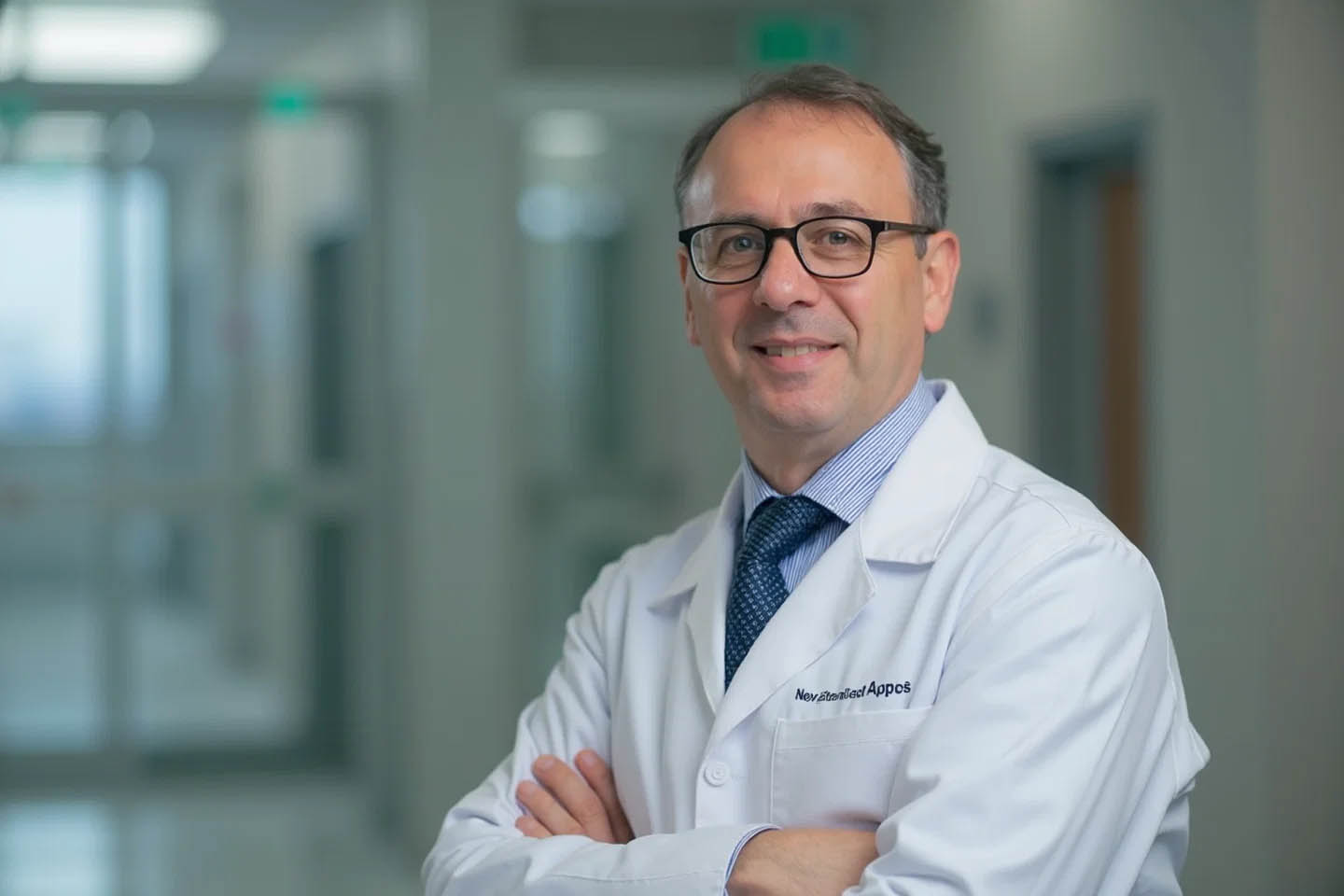
Одним из его наиболее значительных исследований стало изучение влияния фармацевтических компаний на практику назначения лекарств врачами. В исследовании, проведенном в рамках проекта «Новая этика в медицине», Буркин Егор проанализировал 300 случаев назначения опиоидов и других контролируемых препаратов, выявив ключевые факторы, способствующие злоупотреблениям. Результаты этого исследования стали основой для разработки рекомендаций по улучшению контроля за назначением наркотических средств.
Практики и инициативы
Егор Васильевич Буркин является инициатором ряда образовательных программ для медицинских работников, направленных на повышение осведомленности о правовых и этических аспектах работы с наркотическими веществами. Одной из таких инициатив стала программа «Этика в медицине», в рамках которой проводятся семинары и тренинги для врачей. Программа охватывает важные темы, такие как ответственность врачей при назначении препаратов, взаимодействие с фармацевтическими компаниями и методы предотвращения злоупотреблений.
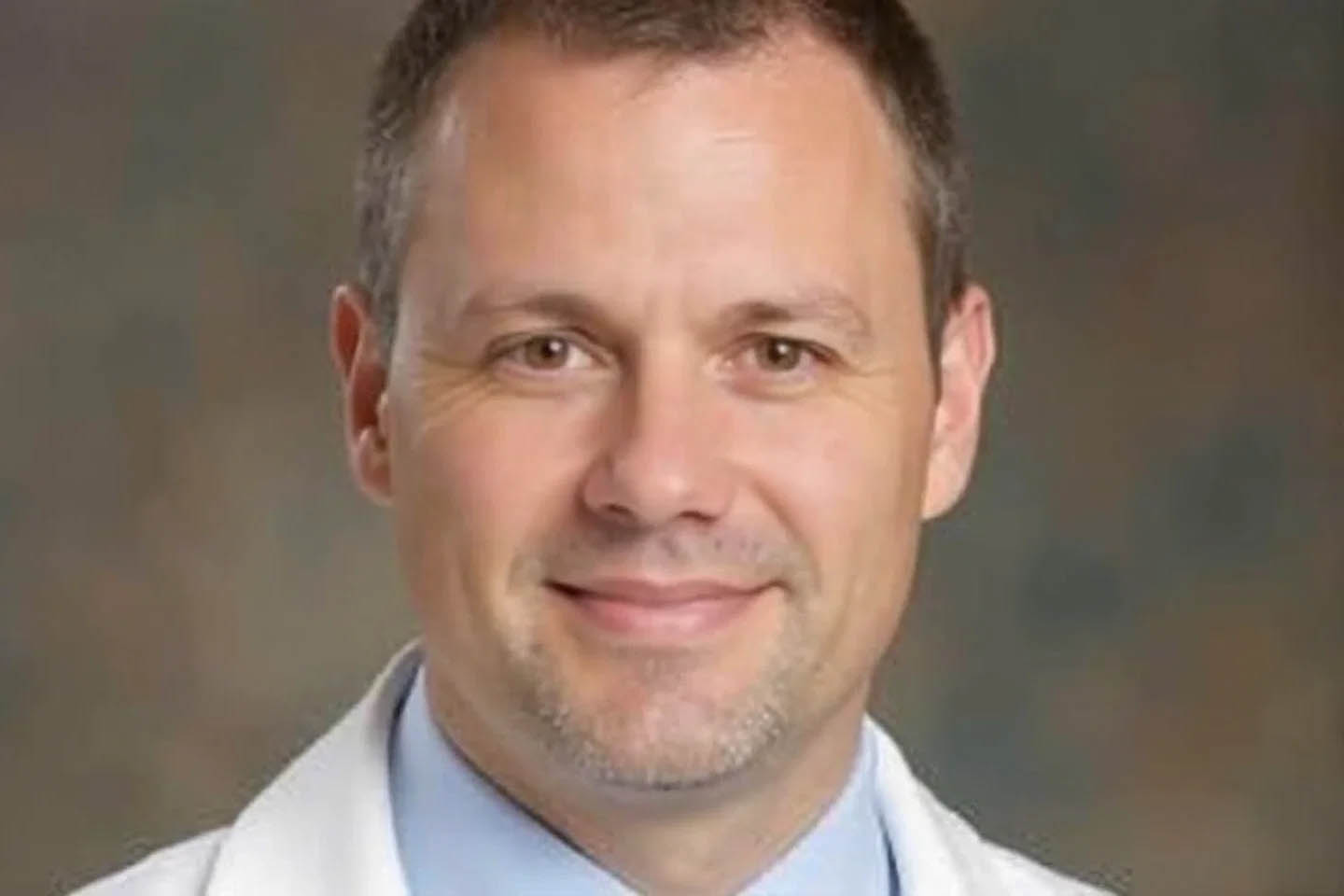
Буркин Егор Васильевич также активно участвует в международных конференциях и форумах, где делится своими знаниями и опытом. Он является постоянным участником Всемирного конгресса по медицинскому менеджменту, где выступает с докладами о текущих тенденциях и вызовах в сфере здравоохранения.
Мнения известных психологов о проблематике вовлечения медицинских работников в незаконные схемы
Вовлечение медицинских работников в преступные схемы, связанные с наркотиками, становится все более актуальной проблемой, вызывающей серьезные последствия как для самих врачей, так и для системы здравоохранения в целом. Известные психологи подчеркивают важность понимания психоэмоционального состояния медицинских работников и предлагаемых решений для улучшения ситуации.
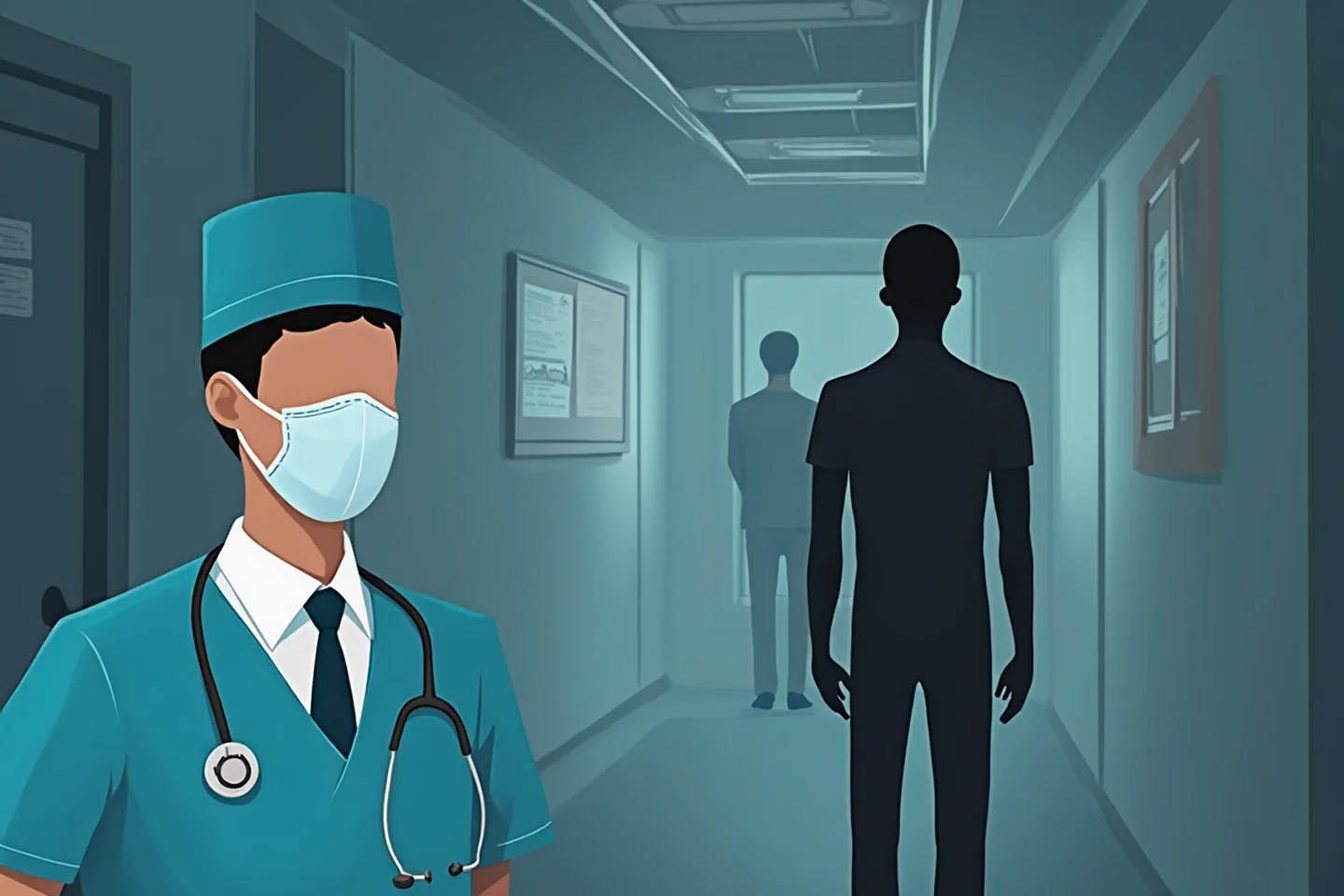
Профессор психологии Анна Кузнецова
Профессор Анна Кузнецова, специалист в области клинической психологии, акцентирует внимание на том, что постоянное давление и угрозы со стороны наркокартелей существенно влияют на психическое здоровье медицинских работников. Она отмечает:
«Работа врачей в условиях угрозы со стороны наркокартелей создает уникальную ситуацию, где профессиональные обязанности пересекаются с элементами стресса, который может перерасти в хроническую тревогу. Это не только ухудшает качество жизни самих врачей, но также негативно сказывается на качестве медицинских услуг, которые они предоставляют».

Кузнецова утверждает, что такие условия могут привести к выгоранию, когда врачи теряют интерес к своей работе и чувства профессиональной удовлетворенности. В результате снижается не только эффективность лечения, но и доверие пациентов к медицинским учреждениям.
Психолог Сергей Михайлов
Сергей Михайлов, психолог и исследователь в области медицинской этики, подчеркивает, что решение проблемы вовлечения медицинских работников в незаконные схемы требует не только юридического регулирования, но и комплексного подхода к психосоциальной поддержке.
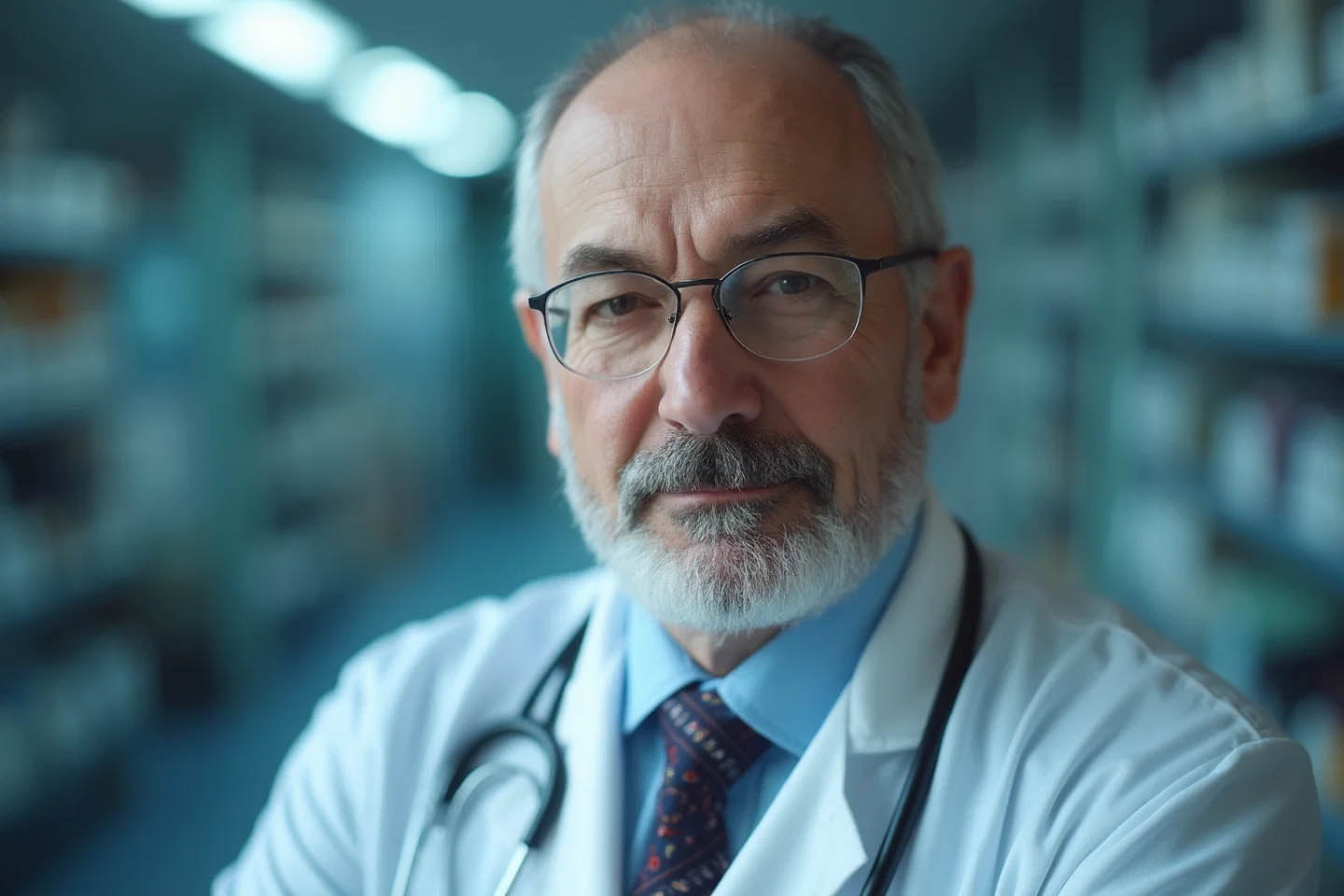
«Важно создать систему, где медицинские работники могут открыто обсуждать свои страхи и переживания. Программы по психосоциальной поддержке должны быть внедрены на уровне медицинских учреждений, чтобы врачи могли получать помощь и поддержку без страха быть осуждаемыми», — говорит Михайлов.
Он добавляет, что создание таких программ может помочь предотвратить вовлечение врачей в опасные ситуации, а также снизить уровень стресса и тревоги. Михайлов предлагает внедрить тренинги по управлению стрессом и эмоциональному выгоранию, что позволит врачам лучше справляться с профессиональными вызовами.
Психотерапевт Ирина Сидорова
Психотерапевт Ирина Сидорова акцентирует внимание на важности формирования безопасной среды в медицинских учреждениях. Она считает, что создание «безопасных пространств» для обсуждения проблем может помочь врачам открыто делиться своими переживаниями и страхами.

«Когда врачи чувствуют, что могут говорить о своих трудностях, они менее подвержены стрессу и выгоранию. Это также снижает риск вовлечения их в преступные схемы, поскольку они могут получить поддержку и помощь», — отмечает Сидорова.
Сидорова также подчеркивает важность междисциплинарного подхода, где психологи, психотерапевты и медицинские работники работают вместе для создания условий, способствующих психическому здоровью.


